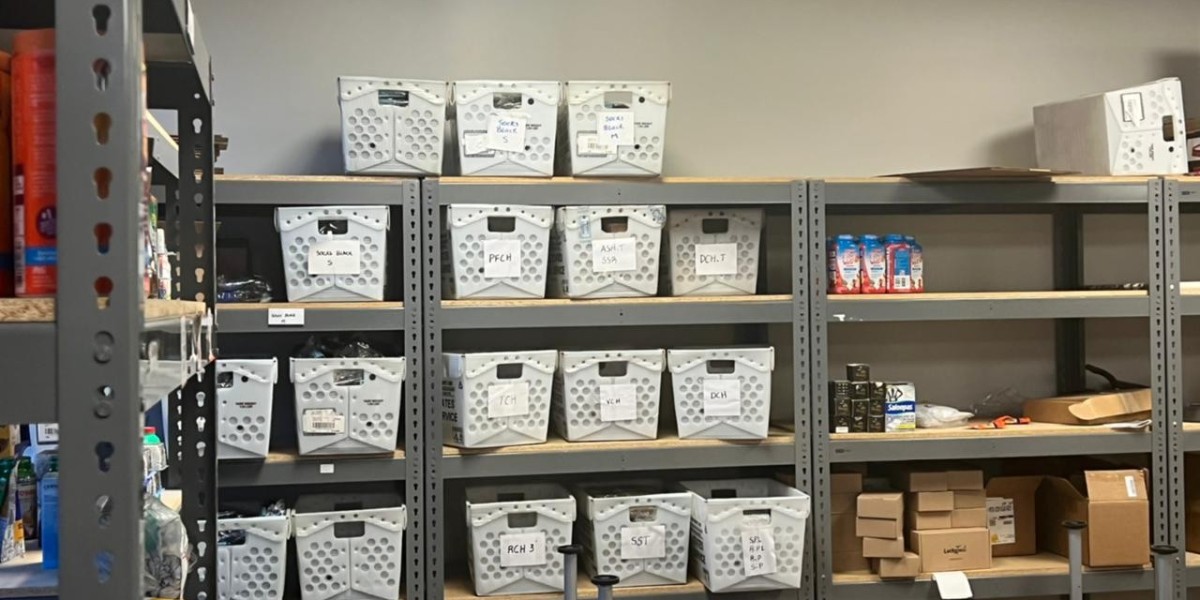For decades, space travel has been the exclusive domain of astronauts and government-sponsored missions. However, with recent technological advancements and the rise of private space exploration companies, space tourism is quickly becoming a reality. The idea that everyday people could travel beyond Earth's atmosphere, experience weightlessness, and witness the beauty of our planet from space is no longer confined to the realm of science fiction. Space tourism is poised to revolutionize the travel industry, offering a new frontier for exploration and adventure.
The concept of space tourism isn't entirely new. In 2001, American businessman Dennis Tito became the world’s first space tourist, paying $20 million for an eight-day stay aboard the International Space Station (ISS). Since then, several other wealthy individuals have followed in his footsteps, but space tourism has remained largely out of reach for the general public due to the prohibitive costs and the technical challenges involved in sending civilians to space. However, companies like SpaceX, Blue Origin, and Virgin Galactic are working to change that by developing commercial space travel services.
One of the most significant milestones in the development of space tourism occurred in 2021 when Richard Branson’s Virgin Galactic successfully completed its first fully crewed spaceflight. This historic flight marked the beginning of a new era in space travel, with Virgin Galactic planning to offer regular suborbital flights to paying customers. Passengers on these flights will experience a few minutes of weightlessness and breathtaking views of Earth from the edge of space before returning safely to the ground.
Similarly, Jeff Bezos’ Blue Origin has developed the New Shepard rocket, which is designed to take passengers on suborbital journeys. In July 2021, Bezos himself took part in the first crewed flight aboard New Shepard, further demonstrating the viability of space tourism. Blue Origin’s reusable rockets are key to reducing the cost of space travel, making it more accessible to the general public over time.
While suborbital flights offer a taste of space, companies like SpaceX are pushing the boundaries even further. SpaceX, founded by Elon Musk, aims to take tourists on orbital missions and eventually to the Moon and Mars. In September 2021, SpaceX made headlines with the Inspiration4 mission, the first all-civilian spaceflight to orbit Earth. The crew spent three days in space, conducting experiments and enjoying stunning views of our planet from their Dragon spacecraft. This mission demonstrated that extended space travel for civilians is not only possible but also safe and feasible.
As space tourism continues to evolve, the possibilities for adventure and exploration are limitless. In the coming decades, we could see the development of space hotels, lunar colonies, and even missions to Mars that are open to tourists. Imagine staying in a luxury hotel orbiting the Earth or embarking on a guided tour of the Moon’s surface. These once-unimaginable experiences could soon become a reality.
However, the commercialization of space travel comes with significant challenges and ethical considerations. One of the main concerns is the environmental impact of launching rockets into space. While reusable rockets like those developed by SpaceX and Blue Origin are helping to reduce the carbon footprint of space travel, the industry still has a long way to go in terms of sustainability. Companies must continue to innovate and develop eco-friendly technologies to ensure that space tourism does not contribute to the growing problem of space debris or harm Earth’s environment.
Another consideration is the high cost of space travel. Currently, tickets for suborbital flights with Virgin Galactic and Blue Origin are priced at hundreds of thousands of dollars, making space tourism accessible only to the ultra-wealthy. However, as technology advances and more companies enter the market, the cost of space travel is expected to decrease, making it more affordable for the general public.
Economic implications are also a major factor in the growth of space tourism. The space tourism industry is expected to generate billions of dollars in revenue over the next decade, creating new jobs and opportunities in fields ranging from aerospace engineering to hospitality. Moreover, innovations in financial technologies, such as cryptocurrency, are playing a role in this new era of space travel. Platforms like https://hmstrexchange.com are providing financial tools that could facilitate transactions for space tourists, offering secure and efficient ways to manage payments in a borderless, decentralized economy.
In addition to the economic benefits, space tourism has the potential to inspire a new generation of explorers, scientists, and innovators. The awe-inspiring experience of viewing Earth from space can shift perspectives and deepen our understanding of the planet we call home. As more people have the opportunity to travel to space, we may see a renewed interest in space exploration and a greater commitment to preserving our planet for future generations.
The future of space tourism is undoubtedly exciting, but it also requires careful planning and regulation to ensure that it is safe, sustainable, and accessible to all. Governments and international organizations will need to collaborate with private companies to establish guidelines for space travel, address environmental concerns, and ensure that space remains a peaceful and shared domain.
As we look to the future, it’s clear that space tourism is not just a passing trend—it’s a new frontier in the travel industry that will continue to evolve and expand. With advancements in technology and the continued efforts of companies like SpaceX, Blue Origin, and Virgin Galactic, the dream of space travel is becoming a reality for more people than ever before. Whether it’s a short suborbital flight or a journey to the Moon, space tourism promises to offer experiences that are truly out of this world.








